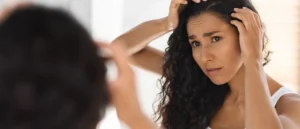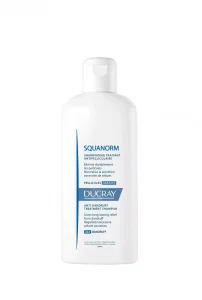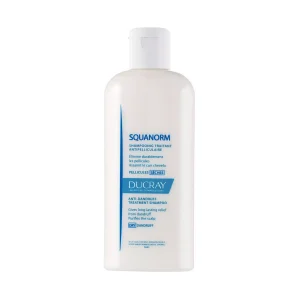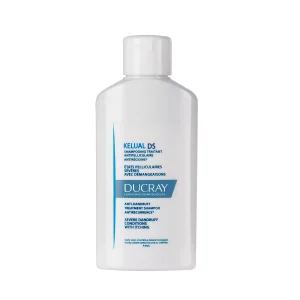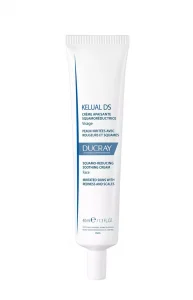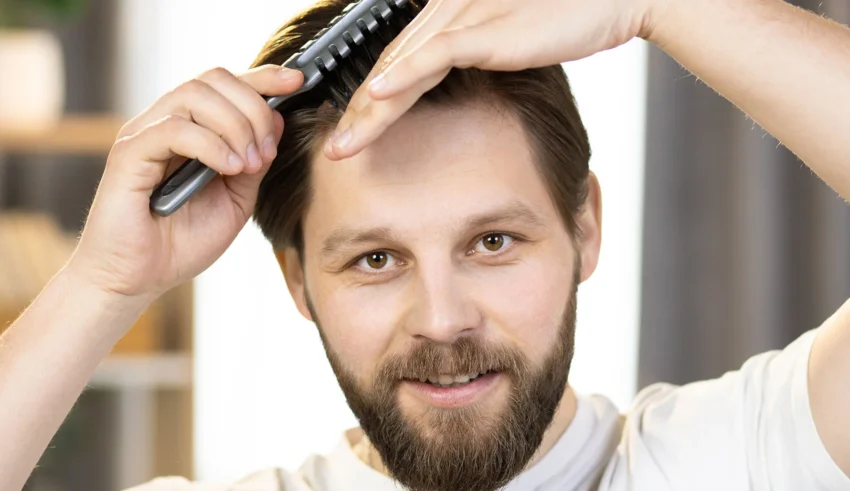
You’ve put so much effort into getting a great haircut, but then flaking from your scalp ruins your look. You’re not alone in suffering from this problem. Dandruff is actually common – about half of all adults have it. And while dandruff is harmless, it can still be very annoying and embarrassing. Not only is it unsightly, but it can also be incredibly itchy. But what is the root cause of dandruff? Check out this article from The Dermo Lab in which we’ll discuss everything you need to know about this skin condition!
What causes dandruff?
Here are some common reasons why you may be experiencing dandruff and itchy scalp:
- You have dry skin.
Dry skin is one of the most common causes of dandruff. If dry skin is the cause of your dandruff, it’s easier to notice because other parts of your body are probably dry too. And during the winter months, skin gets drier – which is why people tend to notice more dandruff during this time.
- You don’t shampoo enough.
While it may seem unhygienic, not shampooing enough can be the cause of your dandruff. When you don’t shampoo enough, oil builds up and settles on your skin and can cause dandruff. Don’t panic, this doesn’t necessarily mean you’re not cleansing enough. It could be that you’re not using enough shampoo, or that the shampoo you are using isn’t strong enough to break down the sebum barrier that contributes to your dandruff.
- You have allergies.
People are allergic to a large variety of substances. Could an allergy to your hair care products be the cause of your dandruff? It’s quite possible. If you notice any scalp irritation, such as itching or pain, after using a certain product, it could be due to sensitivity.
- You have a medical condition.
Seborrheic dermatitis is a chronic condition that affects not only the scalp but also other areas of the body where sebaceous glands are located. It is characterized by dandruff and redness on the scalp. It is similar to other common skin conditions such as psoriasis, eczema, or even an allergic reaction.
- You have yeast overgrowth.
Malassezia is a fungus that lives on the scalp and skin of all people. In some people, sensitivity develops, which can lead to dandruff. Like seborrheic dermatitis, other skin conditions aggravated by Malassezia include psoriasis and other types of dermatitis.
What are the symptoms and diagnosis of this skin condition?
Symptoms of dandruff include white flakes of dead skin in the hair and on the shoulders, as well as itching, redness, or flaking on the scalp. Dandruff is usually scattered all over the scalp. Signs and symptoms can be more severe if you are stressed, and they tend to intensify during cold, dry seasons.
Dandruff is a condition in which people can practically diagnose themselves from the symptoms of a dry, flaky, itchy scalp.
How to treat dandruff?
Treating dandruff involves more than just frequent shampooing. To get rid of dandruff, you need to add scientifically formulated dandruff treatment products to your routine and adjust your daily habits. Here are some key steps to take.
1- Use an anti-dandruff shampoo
While there is no cure for dandruff yet, there are several shampoo treatments that can help control this condition by removing flakes and reducing redness and itching.
Choose a dandruff shampoo that contains ingredients such as zinc pyrithione, an antibacterial and antifungal medication; selenium sulfide, an antifungal that slows down skin cell death; the antifungal ketoconazole; and coal tar, an antibiotic.
By shampooing regularly, you can reduce redness and irritation of the scalp and control flaking.
The following shampoos are made with an extra-strength formula recommended by scientists. It works magic on even the most stubborn dandruff, relieves itching, and refreshes the scalp. Check them out!
For oily dandruff:
Ducray Squanorm Anti-Dandruff Treatment Shampoo – Oily Dandruff
For dry dandruff:
Ducray Squanorm Anti-Dandruff Treatment Shampoo – Dry Dandruff
For dandruff caused by seborrheic dermatitis:
Ducray Kelual DS Treatment Shampoo
2- Use a scalp treatment
If you suffer from seborrheic dermatitis, you can benefit from the following medical treatments.
The following cream can be applied twice a day to the edge of the scalp to remove flakes and soothe itching.
Ducray Kelual DS Squamo-Reducing Anti-Recurrence Soothing Cream
3- Wash your hair with care
Since hot water can aggravate skin problems, especially if you have sensitive skin, it’s a good idea to wash your scalp with warm water. You can also use products that contain fatty acids or other moisturizing agents. Conditioners and scalp products containing ingredients like coconut oil, aloe vera, or oleic acid can moisturize your scalp and hair.
4- Be careful what you put on your skin and hair
If you already suffer from allergies, be careful about what cosmetics you put on your skin and hair. Pay attention to how your body and scalp react to products and stop using anything that causes further irritation.
5- Get some sun.
Sunlight can be beneficial in controlling dandruff. But since exposure to ultraviolet rays damages your skin and increases the risk of skin cancer, don’t sunbathe. Spend some time outdoors instead.
FAQs about dandruff
Does hot water cause dandruff?
When you wash your hair in hot water, the natural oils in your hair and scalp are stripped away, leaving it completely dry. You might think this is the ideal scenario to prevent dandruff, but your scalp needs those natural oils to protect you. Over-drying can cause your body to produce even more oil to make up the difference. This can have the unintended consequence of increasing dandruff.
Does henna cause dandruff?
Henna can over-dry your scalp, which can cause your body to produce even more oil and lead to increased dandruff.
Is dandruff contagious?
Dandruff is a common condition that causes the skin on the scalp to peel. It is neither contagious nor serious, but it can be embarrassing and difficult to treat.
Last Updated on February 12, 2024
